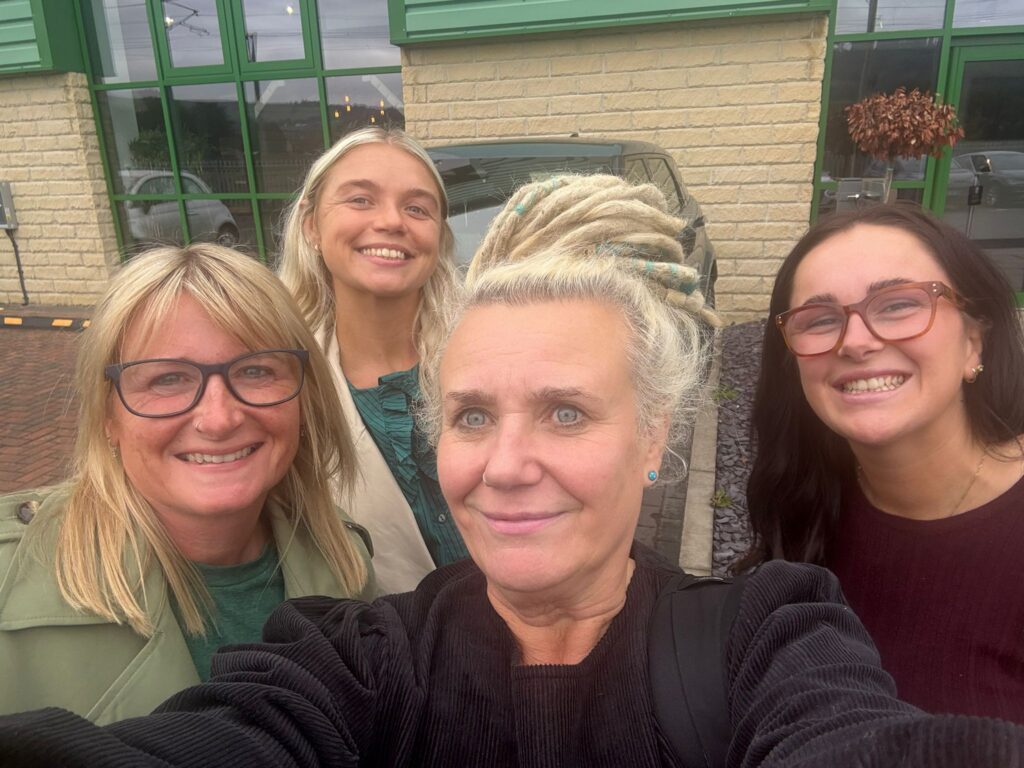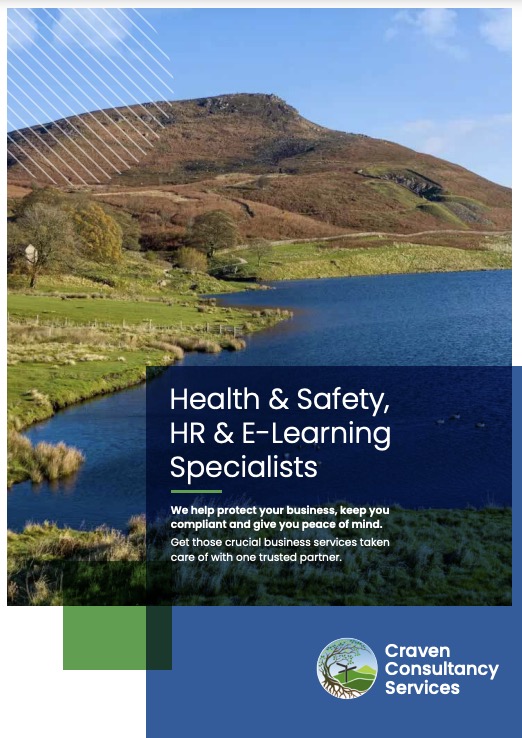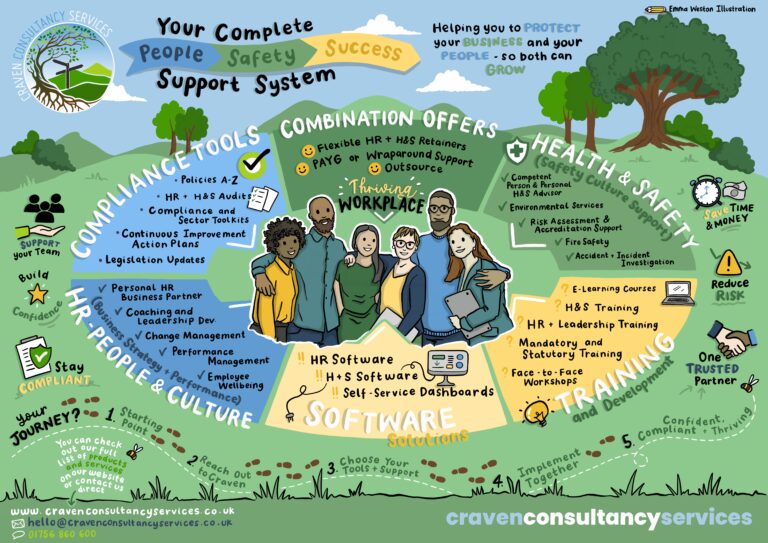I have to be honest. I’ve always hated the word HR. It feels cold, transactional and outdated. People are not resources to be managed. They are the reason a business exists in the first place.
That’s why I believe in People and Culture. It’s more than a title or a department. It’s a mindset that says people matter, that culture shapes success, and that every individual brings something valuable to the table.
And this applies to every organisation, no matter how big or small. Whether you’re running a local business or a growing company, culture is happening all the time. The question is whether you shape it intentionally or let it evolve by accident.
A Workforce of Many Generations
Today’s workplaces bring together a rich mix of generations. Some of us have built long careers grounded in experience and perspective, while others are just beginning, full of creativity, curiosity and challenge. Those in between often hold the bridge, connecting tradition with innovation.
This diversity is powerful. When we create workplaces that respect each generation’s strengths, we build communities that are adaptable, balanced and strong. Experience teaches patience and resilience, while new thinking keeps us fresh and forward-looking. The best workplaces don’t separate generations, they unite them.
Shared Values for a Changing World
Younger generations often get credit for driving conversations about flexibility, inclusion and wellbeing, but the truth is that these are things people of every age have always wanted. The difference now is that we are finally talking about them openly.
Flexibility is about trust and fairness, not simply where or when people work. Wellbeing is not a perk or a campaign; it’s about everyday respect, reasonable expectations and leaders who genuinely care. Inclusion means every person can bring their whole self to work, without fear or pressure to fit in.
Neurodiversity and Belonging
I’m passionate about creating workplaces that don’t just include difference but value it. Neurodiversity reminds us that not everyone thinks, communicates or experiences the world in the same way, and that’s exactly what makes teams stronger.
Supporting neurodiverse colleagues isn’t complicated. It starts with curiosity, compassion and willingness to adapt. Sometimes the smallest adjustments make the biggest difference. When people feel understood and accepted, they are more confident, creative and committed.
Inclusion and belonging should never be a policy exercise. They are the everyday proof that your culture is real.
Leadership, Trust and the Human Side of Business
Culture isn’t written in a handbook. It’s lived in how people treat each other. It’s built in moments of listening, in how leaders respond when things go wrong, and in how success is shared and celebrated.
People and Culture professionals exist to bring humanity back into leadership and to remind organisations that care and accountability can sit side by side. The best leaders today aren’t the ones with the biggest titles but the ones who make others feel seen, supported and safe to grow.
A Shared Future
Whatever size your business is, culture belongs to everyone. It’s created in the choices we make, the values we live and the conversations we have every day.
When we focus on people and culture rather than policies and control, we build workplaces that are flexible, inclusive and resilient. We create environments where experience and innovation stand side by side, where neurodiverse thinking is celebrated and where wellbeing is seen as essential, not optional.
I’ll always dislike the word HR, because people were never meant to be resources. They are human, complex, and capable of extraordinary things when they feel they belong. The future of work depends on us remembering that simple truth.
“If we want to build workplaces where people truly belong, it starts with one small step, asking how people really feel, and being ready to listen to the answer.”













